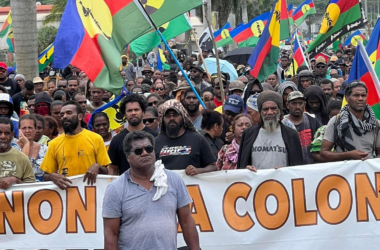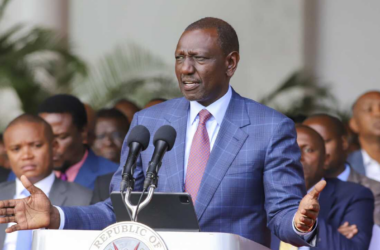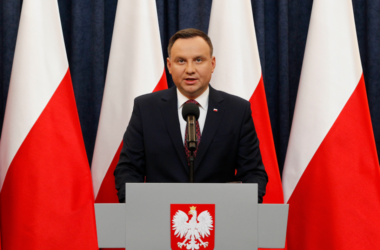In a promising development amidst ongoing conflict, Israel has agreed to participate in a new round of ceasefire and hostage release talks, following a significant diplomatic effort by the United States, Egypt, and Qatar. This agreement marks a crucial step toward potentially resolving the intense and prolonged hostilities between Israel and Hamas, offering a glimmer of hope for peace and stability in the region.
The talks are scheduled to begin on August 15 in Doha or Cairo, as outlined in a joint statement from the three mediating nations. This statement, supported by US President Joe Biden, Egyptian President Abdel Fattah el-Sisi, and Qatari Emir Sheikh Tamim bin Hamad Al Thani, highlights the urgent need to finalize a “framework agreement” that has already been established. The focus now is on resolving the remaining details of implementation to achieve a comprehensive ceasefire and address the issue of hostages.
The commitment to these talks comes at a critical time, following the recent assassination of Hamas leader Ismail Haniyeh in Tehran. The assassination, attributed to tensions with Israel, has escalated regional instability and fueled fears of further conflict. Iran has vowed a response, but Israel has not directly commented on the incident, underscoring the delicate nature of the current diplomatic efforts.
The proposed framework, based on principles outlined by President Biden in May, includes key elements such as a full ceasefire and the release of hostages. The UN Security Council has endorsed this framework, reflecting a broad international consensus on the need for a peaceful resolution.
European Union chief Ursula von der Leyen and UK Foreign Secretary David Lammy have both expressed strong support for the ceasefire efforts, emphasizing the importance of saving lives, restoring hope, and securing the return of hostages. This global backing reinforces the urgency and significance of the negotiations.
Despite the positive step of agreeing to talks, the path to a lasting ceasefire remains fraught with challenges. Hamas has previously demanded a “permanent ceasefire,” a complete withdrawal of Israeli troops from the Gaza Strip, and a swap deal involving Palestinian prisoners. Israeli Prime Minister Benjamin Netanyahu has insisted that the conflict will only end with Hamas’ defeat, highlighting the complex and entrenched positions on both sides.
The recent escalation, including ongoing Israeli bombardments of Gaza and the tragic loss of civilian lives, underscores the critical need for a ceasefire. As the situation continues to evolve, the appointment of Yahya Sinwar as the new Hamas leader may further complicate negotiations, given Sinwar’s history and the ongoing tensions.
In response to the heightened security situation and potential threats from Iran, Israel’s security cabinet has been meeting in a secure location, reflecting the seriousness of the current challenges.
Overall, Israel’s decision to engage in these talks represents a hopeful turn in the pursuit of peace. As the negotiations move forward, the international community’s continued support and diplomatic efforts will be vital in bridging the gaps and achieving a resolution that addresses the needs and concerns of all parties involved.








